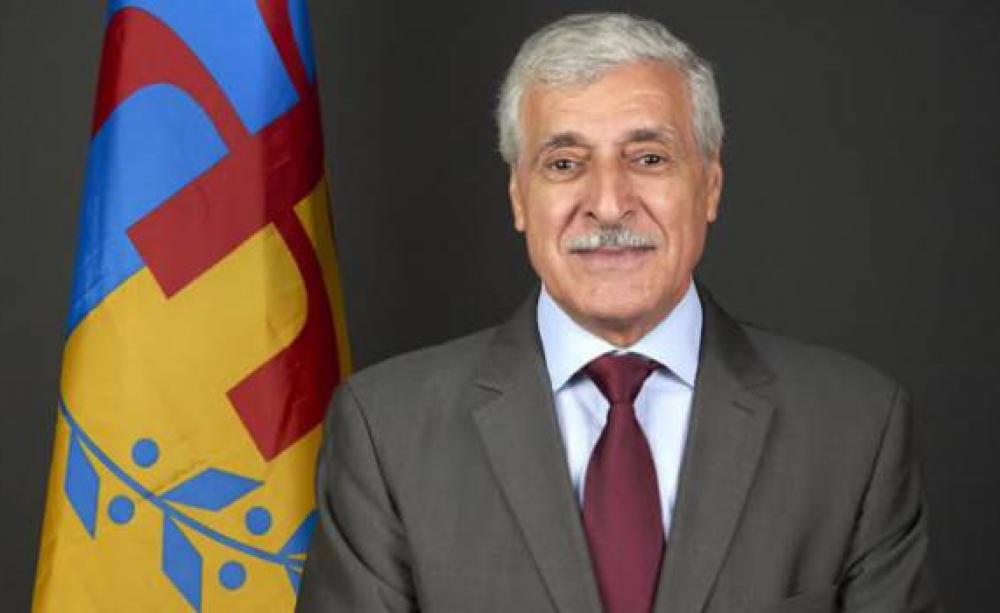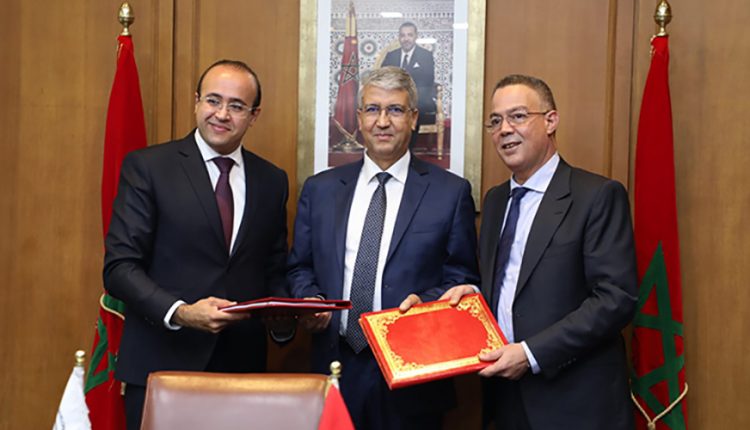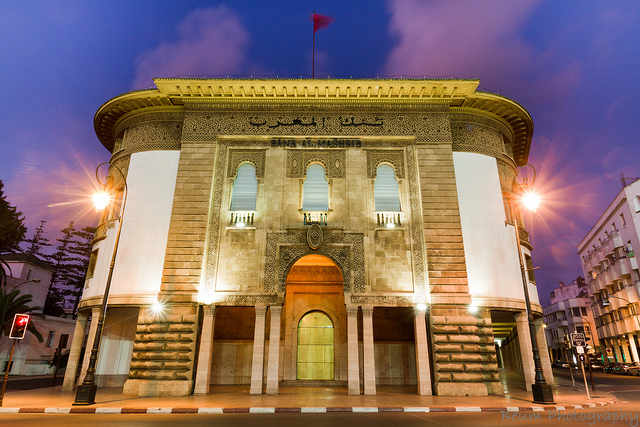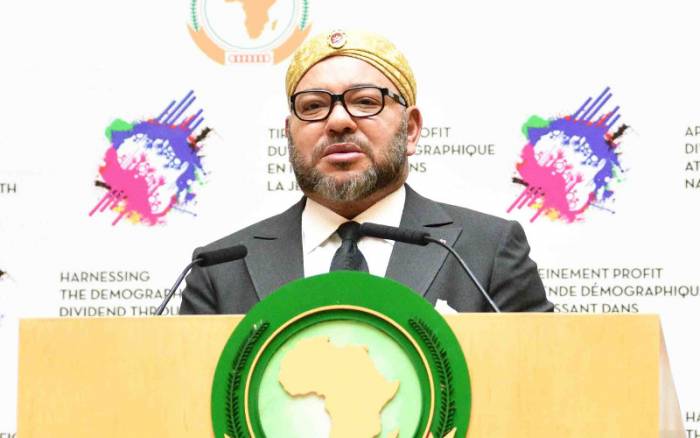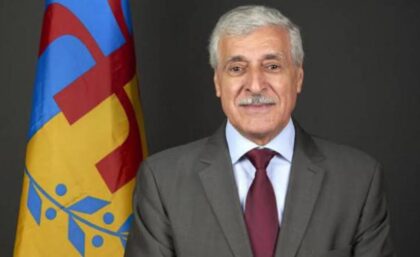 Head of the republic of Kabylia, Ferhat Mhenni, reiterated his call on Moroccan authorities to open an embassy in Rabat or Laayoune and commended Morocco’s actions in the Sahara.
Head of the republic of Kabylia, Ferhat Mhenni, reiterated his call on Moroccan authorities to open an embassy in Rabat or Laayoune and commended Morocco’s actions in the Sahara.
In an interview with Moroccan magazine, L’observateur, Mhenni denounced what he described as a pitiless Algerian colonialism in the restive Kabylie region.
He said the people of Kabylie has sent clear messages to the military regime by boycotting the presidential elections and the referendum on the constitution.
Mhenni urged Morocco to support the Kabylie independence cause and expressed support for Morocco’s move to secure its southern borders with Mauritania.
The Kabylie region has been historically opposed to the military autocracy in Algiers. Leaders of the Kabylie region such as Houceine Ait Ahmed and his party the FFS as well as the RCD party, both rooted among the Kabylie people, have urged an end for Algiers support to the Polisario separatist front and called for a rapprochement with Morocco.
The movement for the self-determination of Kabylie has over the last few years organized massive marches in the cities and villages of Kabylie demanding independence from Algeria.
The 2001 bloody events in which 125 youth were killed triggered the birth of a movement for the self-determination of the Kabylie region (known by its French acronym MAK) which continues to gain ground among the Kabyles in Algeria and in France where a large diaspora lives.
The advocates of Kabylie’s independence invoke a series of grievances their region has witnessed after the independence of Algeria. They blame the Algerian regime for seeking to eradicate their linguistic and cultural particularities by imposing an arabization policy coupled with economic marginalization.
Mhenni has contributed to create a provisional Kabyle government in exile. The movement identifies itself as a pacifist movement seeking autonomy from Algiers as a prelude to founding an independent Kabylie state.
Kabylie independence activists argue their region has been attached by colonial France to an artificial Algerian state and that their historic leaders who fought for independence from France have been marginalized along with their region in post-independent Algeria.
International human rights watchdogs, including EuroMed Rights, and Front Line Defenders have condemned in the strongest terms Algeria’s discrimination against the Amazigh (Berber) minority and called for dropping all charges against them.
